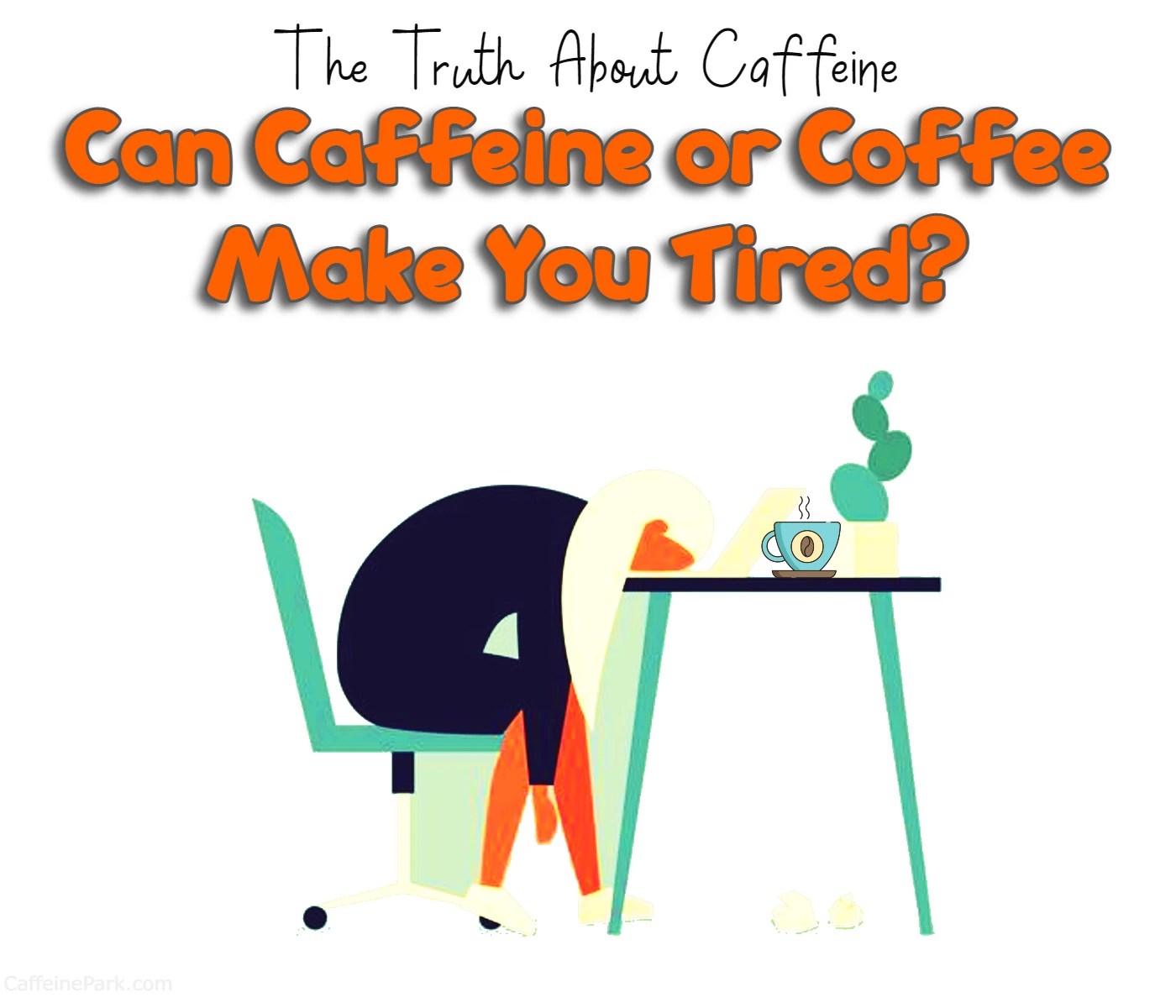Can Caffeine Make You Tired? Exploring The Paradox Of Caffeine Consumption
Caffeine is often regarded as a reliable stimulant that helps individuals stay awake and alert. However, there is a growing conversation around the paradoxical effects of caffeine on energy levels and fatigue. Many people report feeling tired after consuming caffeine, leading to questions about its true impact on our bodies. In this article, we will delve into the science behind caffeine, how it affects our energy levels, and whether it can indeed make us feel more tired. We will also explore various factors that contribute to this phenomenon, including dosage, tolerance, and individual differences.
Understanding how caffeine interacts with our body is crucial, especially in a world where it is consumed in various forms, from coffee and tea to energy drinks and supplements. The effects of caffeine can vary significantly based on individual physiology, lifestyle, and even the time of day it is consumed. This article aims to provide insights based on scientific research, expert opinions, and real-world experiences to give you a comprehensive understanding of caffeine's effects on fatigue.
As we navigate through this topic, we will also address common myths surrounding caffeine consumption, providing clarity and evidence-based information. By the end of this article, you will be equipped with the knowledge to make informed decisions about your caffeine intake and how it may influence your energy levels.
Table of Contents
- What is Caffeine?
- How Caffeine Affects the Body
- Caffeine and Fatigue: The Connection
- Tolerance to Caffeine
- Factors Influencing Caffeine Effectiveness
- Myths About Caffeine
- Healthy Caffeine Consumption
- Conclusion
What is Caffeine?
Caffeine is a natural stimulant most commonly found in coffee, tea, and cocoa plants. It acts primarily by blocking the action of adenosine, a neurotransmitter that promotes sleep and relaxation. When adenosine's effects are inhibited, neuronal activity increases, leading to enhanced alertness and wakefulness. Here are some key points about caffeine:
- Caffeine is absorbed quickly by the body, usually within 30 to 60 minutes after consumption.
- The half-life of caffeine varies between individuals, typically ranging from 3 to 7 hours.
- It is the most widely consumed psychoactive substance in the world.
How Caffeine Affects the Body
The effects of caffeine can be both positive and negative, depending on the individual and the amount consumed. Some of the benefits include:
- Improved concentration and focus.
- Enhanced physical performance and endurance.
- Increased metabolism and fat burning.
However, excessive caffeine consumption can lead to several adverse effects, such as:
- Increased heart rate and blood pressure.
- Insomnia and disrupted sleep patterns.
- Anxiety and jitteriness.
Caffeine and Fatigue: The Connection
Despite its reputation as a stimulant, caffeine can sometimes lead to feelings of fatigue. This paradox can be attributed to several factors:
1. Energy Crash
After the initial stimulating effects of caffeine wear off, individuals may experience a sudden drop in energy levels, commonly referred to as a "crash." This can leave a person feeling more fatigued than before.
2. Dehydration
Caffeine is a diuretic, which means it can lead to increased urination and potential dehydration. Dehydration has been linked to feelings of fatigue and decreased cognitive function.
Tolerance to Caffeine
Regular caffeine consumption can lead to the development of tolerance. As tolerance builds, individuals may need to consume more caffeine to achieve the same stimulating effects, resulting in a cycle of increased intake and potential fatigue when not consuming caffeine. Some important aspects to consider include:
- Long-term caffeine users may find that their energy levels are more stable without caffeine.
- Withdrawal symptoms, including fatigue and headaches, can occur when caffeine consumption is abruptly reduced.
Factors Influencing Caffeine Effectiveness
Several factors can influence how caffeine affects an individual’s energy levels:
1. Genetics
Genetic variations can affect how quickly caffeine is metabolized in the liver. Some individuals may process caffeine rapidly, while others may metabolize it slowly, impacting their response to caffeine.
2. Time of Day
The body's circadian rhythm plays a crucial role in how caffeine affects alertness. Consuming caffeine during natural dips in energy can provide a more significant boost compared to consuming it when energy levels are already high.
Myths About Caffeine
There are several myths surrounding caffeine that can lead to misunderstandings about its effects:
- Myth: Caffeine can replace sleep. Fact: While caffeine can temporarily increase alertness, it cannot substitute for the restorative effects of sleep.
- Myth: All caffeine is bad for you. Fact: Moderate caffeine consumption is generally considered safe and can even offer health benefits.
Healthy Caffeine Consumption
To harness the benefits of caffeine while minimizing the risk of fatigue, consider the following tips for healthy caffeine consumption:
- Limit caffeine intake to 400 mg per day (about 4 cups of brewed coffee).
- Avoid caffeine in the late afternoon and evening to promote better sleep quality.
- Stay hydrated by drinking water alongside caffeinated beverages.
Conclusion
In summary, while caffeine is a popular stimulant known for its ability to enhance alertness and reduce fatigue, its effects can vary widely among individuals. Factors such as tolerance, genetic differences, and consumption timing can all influence how caffeine affects your energy levels. Understanding the science behind caffeine can help you make informed choices about your consumption and avoid the paradox of feeling tired after caffeine intake. We encourage you to share your thoughts and experiences in the comments below, and feel free to explore other articles on our site for more insights into health and wellness.
Thank you for reading, and we hope to see you back for more engaging content!
How Did Brittany Murphy Die? A Comprehensive Analysis
Understanding NCAA Football: History, Importance, And Future Trends
NFL Playoff Picture: A Comprehensive Guide To The 2023 Season


